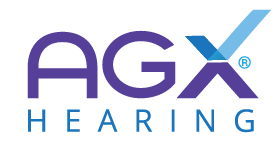Here in California — as in many states — purchasers of hearing aids are afforded protections under state laws and regulations administered by the Department of Consumer Affairs (DCA) through the Speech-Language and Audiology and Hearing Aid Dispenser Board (SLPAHADB).
The SLPAHADB was formed on January 1, 2010 by combining the Speech Language Pathology and Audiology Board with the Hearing Aid Dispensers Board. Previous laws and regulations remain virtually unchanged except that audiologists are no longer required to hold dual licensure for practicing audiology and dispensing hearing aids.
This board’s mission is ensuring the competency and fair practices of hearing aid dispensers. It does so by providing licensure through testing, ethical guidelines, boundaries for advertising practices, and acts as a vehicle for consumer complaints, ultimately providing enforcement and disciplinary functions.
While political discussion in the media about government intrusion in our lives is a hotbed topic, consumer protection laws are generally an accepted interaction between the citizenry and government. Who wants to buy poisonous food, cars that don’t run, or housing that collapses in the slightest breeze, to name just a few examples?
Why should it be any different with hearing aids? Purchasers have a right to expect fair and honest treatment as well as professional expertise from those they seek help. It could be argued that hearing aid purchasers — many of which are our senior citizens — should receive an added degree of protection as many of our laws are designed to protect us as we age beyond our more active years, and thereby tend to rely on the care and guidance of those who are younger.
While all the laws and regulations are too lengthy to list here, these are several of the most important. For the full listings, visit the SLPAHADB website at www.speechandhearing.ca.gov.
- 30-day warranty — The Song-Beverly Consumer Warranty Act provides a 30-day warranty on all new and used hearing aids. If the hearing aid is not specifically fit for the buyer’s particular needs, the device may be returned to the dispenser within 30 days of the of the date of the actual receipt by the buyer or completion of fitting by the seller, whichever occurs later. If the buyer returns the device, the seller must either adjust or replace the device or promptly refund the total amount paid.
It should be noted that while many dispensers advertise things like “30-day risk-free guarantee,” they are merely staying within the state mandated minimum trial period of 30 days. My professional opinion is that for many purchasers, 30 days is too short, as it does not allow enough time for the brain to get used to hearing again. In my practice, I offer a 75-day trial period in order to make certain my patients have all the time they need to be successful.
- Mail-order and Internet sales — California law provides that mail-order/Internet hearing aids may only be purchased through a dispenser licensed in California. The law also states that that when hearing aids are purchased by mail order/Internet, there must be no fitting, selection, or adaptation of the instrument and that the seller must not give any advice with respect to the taking of an ear impression(s). Anyone contemplating this avenue should be aware of potential risks as to work effectively, hearing aids must fit correctly. If a sale doesn’t involve personal contact between the dispenser and buyer, it is difficult to assume that proper fitting and follow-up care could occur.
- In-home contracts and cancellation rights — If you sign a hearing aid purchase contract in your home, federal and state laws allow you to cancel it for any reason by midnight of the third business day after you signed the contract.
- Advertising guidelines — Did you know that in California, hearing aid dispensers are not licensed to perform diagnostic hearing evaluations (only audiologists are licensed to do so) and are therefore not allowed to charge a fee for testing? That is why they advertise “free” tests, BUT they must state that the test is “to determine if you could be helped by a hearing aid.”
No one selling hearing aids in California can refer to themselves as a “specialist” without including the title “hearing aid dispenser,” nor can anyone refer to certification by putting a bunch of letters after their name. For example, this listing: “John Doe, NB-HIS” is unlawful. The correct listing should be: “John Doe, Hearing Aid Dispenser, Lic. No. XXXX, NB-HIS, Certified by the National Board of Certification in Hearing Instrument Sciences.”
Have you ever received one of those “rebate coupons” that resemble checks as part of a direct mail solicitation? It is a violation to send those to anyone living in California.
And finally, no California-licensed hearing aid dispenser can use the terms “doctor,” “physician,” “clinic,” or “audiologist” or any derivation thereof, except as authorized by law.
These are just a few of the consumer protections for purchasing hearing aids. I urge you to be good consumers by getting the facts and educating yourself about where you stand and whom it is that you are considering doing business with. You’ve worked hard all your life and deserve to be treated fairly, professionally, and with what is in your best interest…Because hearing is a wonderful gift!

